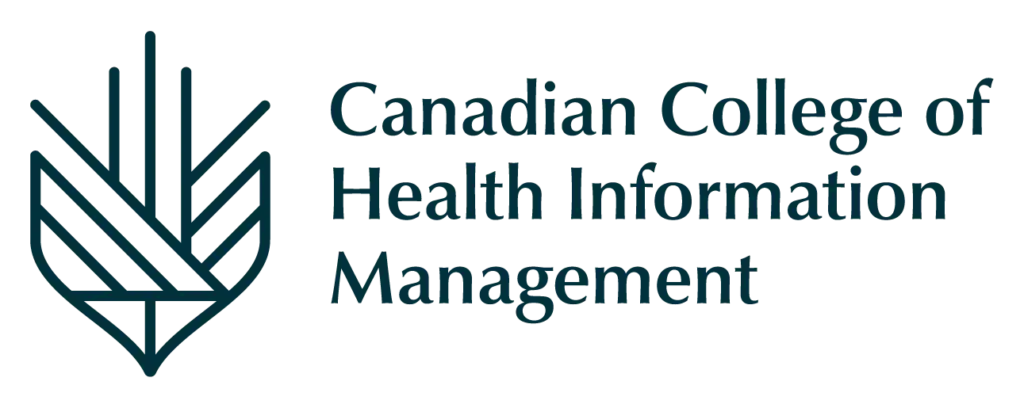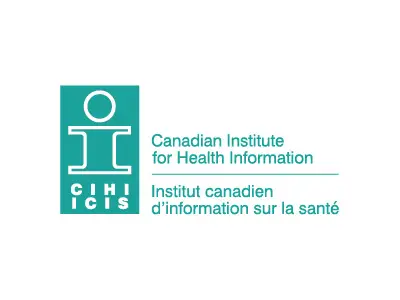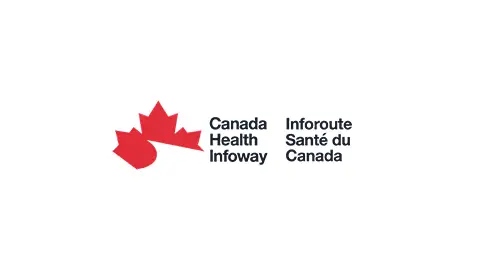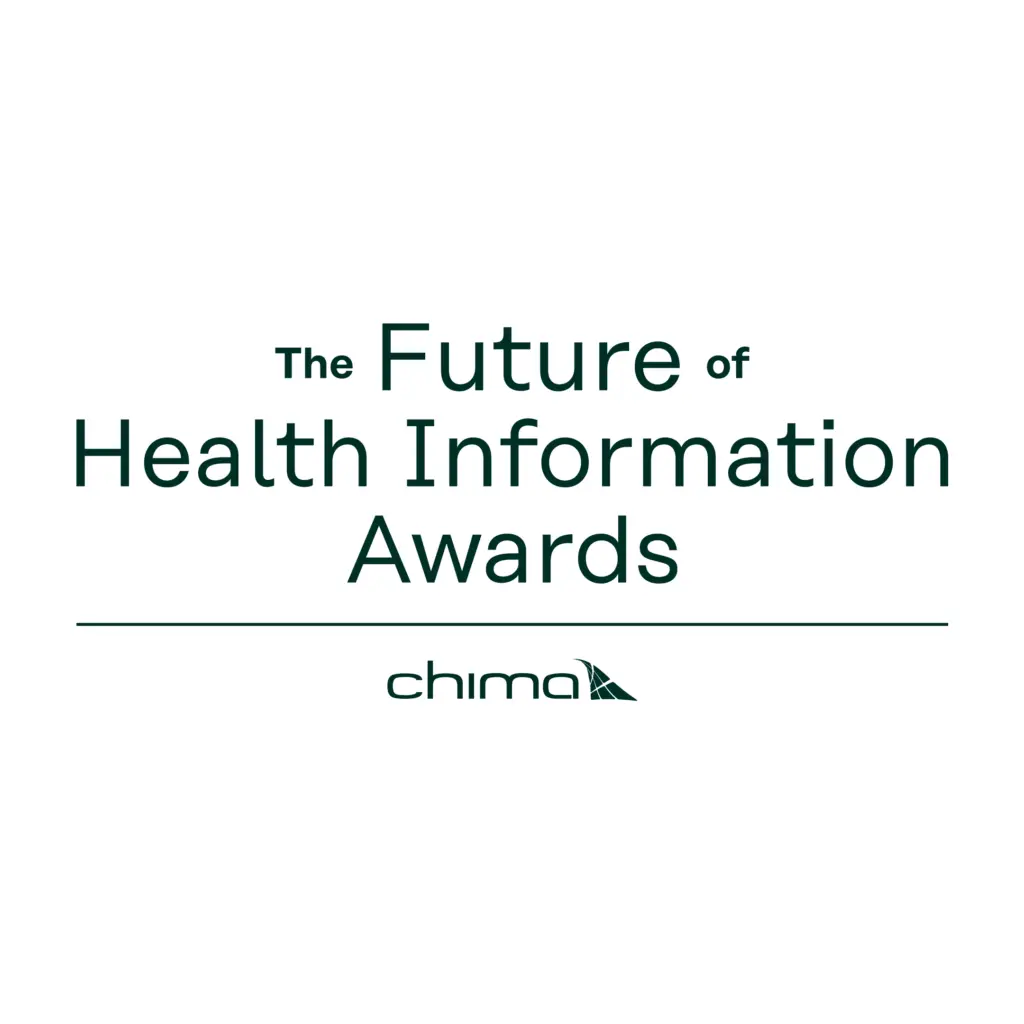Program Accreditation

Educating the health information workforce
The Canadian College of Health Information Management is a national, not-for-profit corporation that sets the accreditation standards for educational institutions and certification standards for health information professionals in Canada.
Accreditation demonstrates to the public that a program is aligned to industry standards, as identified through the College’s needs assessment and consultation with industry. It is a voluntary, self-regulatory process to recognize those that meet or exceed the standards set for health information education. The purpose of accrediting programs is to ensure continuous quality improvement of the educational content to support the evolving health information industry.
87.5%
87.5% of Canadians believe anybody interacting with their personal health data should be certified.
Accredited Academic Partners


Lead the market with program credibility
The accreditation and certification standards of the College are endorsed by a set of partners from across Canada, including the Canadian Institution of Health Information and Canada Health Infoway, the Pan-Canadian data and digital agencies advancing quality health information and digital interoperability for health data in Canada.
Gain accreditation from The Canadian College of Health Information Management
Accrediting bodies for academic programs in health information play a crucial role in ensuring that educational institutions meet rigorous quality standards, thereby preparing graduates with the competencies needed to effectively manage health care data and contribute to the improvement of people’s wellbeing.
Join our growing list of academic programs training the future health information professionals in Canada.
Employment and certification for graduates
A Canadian College of Health Information Management accredited program confers the significant benefit of enabling its graduates to sit for the national certification examination directly from the college, thereby creating a direct link between certification and enhanced employment opportunities for graduates in the health information practice.


Modernized Curricular Standards
The modularized standards of the College provide for a consistent but flexible set of curricular standards that help guide accredited programs on course development. These standards not only validate the quality and relevance of the education provided but also facilitate continuous improvement and adaptation to industry advancements. Explore the certifications offered by the college
Onboarding and marketing
The onboarding of a new accreditation as a Canadian College of Health Information Management accredited academic partner is marked by a series of benefits, including engaging student and faculty presentations and collaborative co-marketing efforts, enriching the educational experience and expanding the institution’s visibility in the health information community.


Faculty and student connection and resources
Faculty and students may gain membership with CHIMA. Membership offers a wealth of benefits, including access to a rich array of resources, community engagements, examination preparation and access to apply for national certification exams which are instrumental in advancing learning and fostering professional growth in the field of health information.
The academic institution is also eligible to upgrade the base resources offered through membership with the College Educational Resources Program (CERP)
Relationship account meetings and graduate statistics
The yearly relationship account meetings and access to graduate statistics offered to accredited programs serve as invaluable tools for advancing their curriculum through continuous improvement, providing insights and data-driven feedback to refine and enhance the educational experience.


Future of Health Information Award
An esteemed benefit of an accredited program is the annual selection of a “Future of Health Information” award winner, a distinction that highlights a top student, showcasing their exceptional contributions and potential within their program and the broader health information practice.
